If it weren’t for the fact that Jeff Green’s Graduate Savvy: Navigating the World of Online Higher Education is a recommended text in my “FirstCourse” at Capella University, I never in a bazillion years would have purchased it. I, further, have to admit that I was more than a little disgusted when it arrived. It is a self-published, double-spaced, graduate-cum-faculty-written piece of work about–wait for it–online learning at Capella. Even the endorsement quote on the front cover is by a fellow Capella graduate.
So, I held my nose and opened it.
In spite of my reticence to read the text, it proved to be a pretty insightful treatment of the process of picking an online school (sort of self-serving since we are already there, but validating in some strange way), getting acclimated to the “campus”, making it through the coursework, attending the colloquia, passing the comps, and writing and defending the dissertation. While not exactly comprehensive, it does a decent job of covering the bases.
The take away message is that earning your PhD online is hard, really hard, rigorous, and difficult–take that!, Brick and Mortar Schools–but doable, life-changing, and worth all the suffering if you are persistent, get really good at APA and don’t plagiarize.
The next-to-the-last chapter was a nice carrot–a treatment of all of the cool jobs that open up when you get that terminal degree.
With all of the reading required to get through grad school, I was tempted to shelve this one. I’m actually glad I read and highlighted it. My intention was to refer to it as I hit each phase of my graduate work, but it is gathering dust on my shelves as I slog through focus on my 3rd year of online studies.
Send coffee.

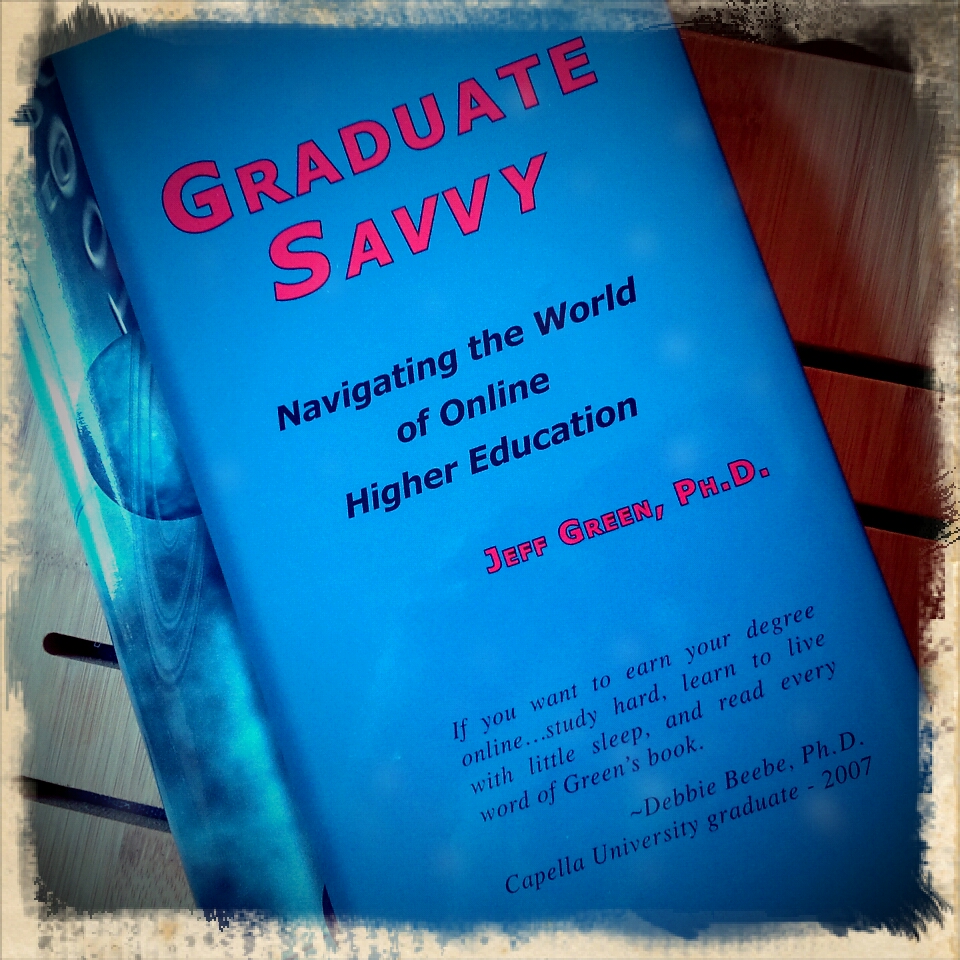
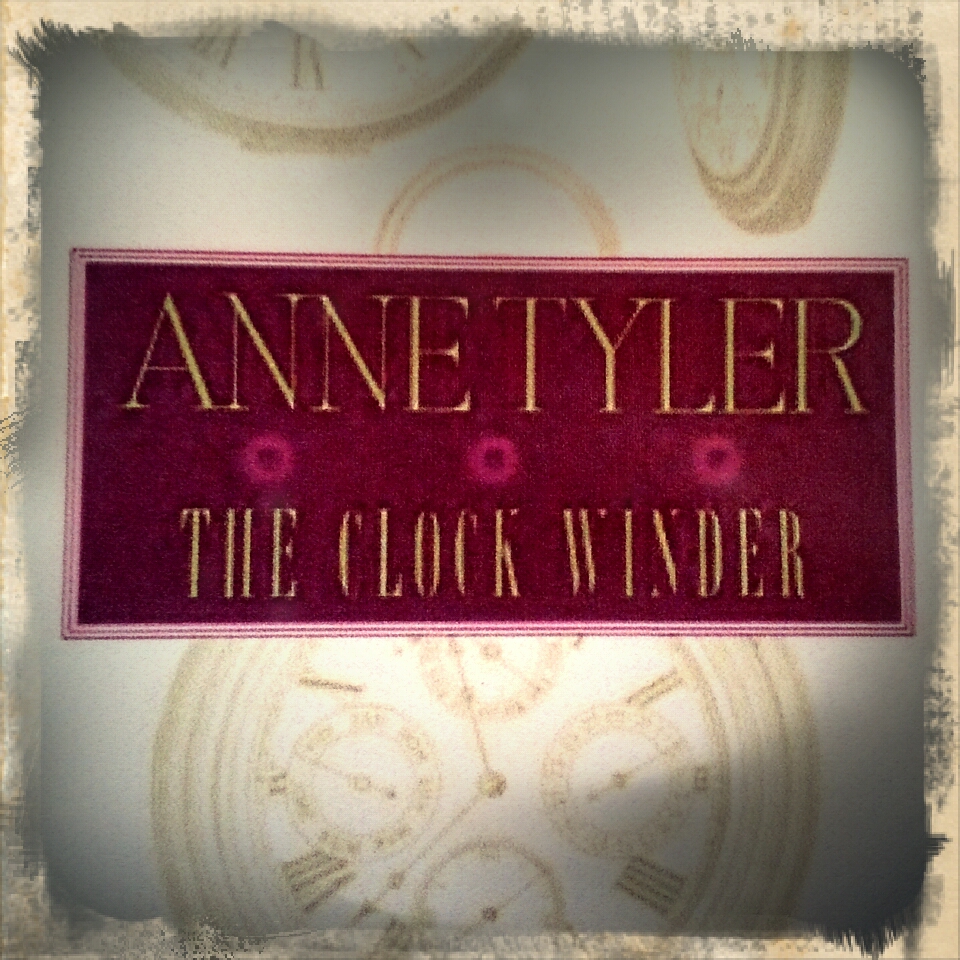
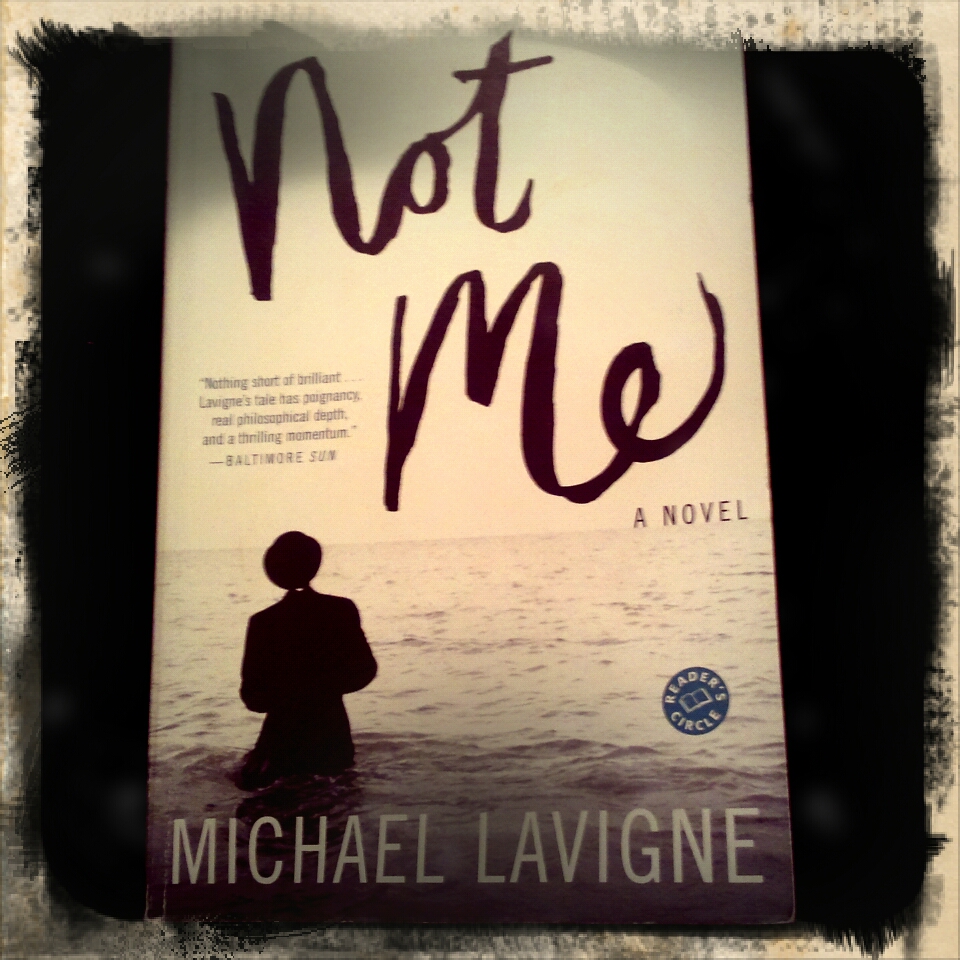
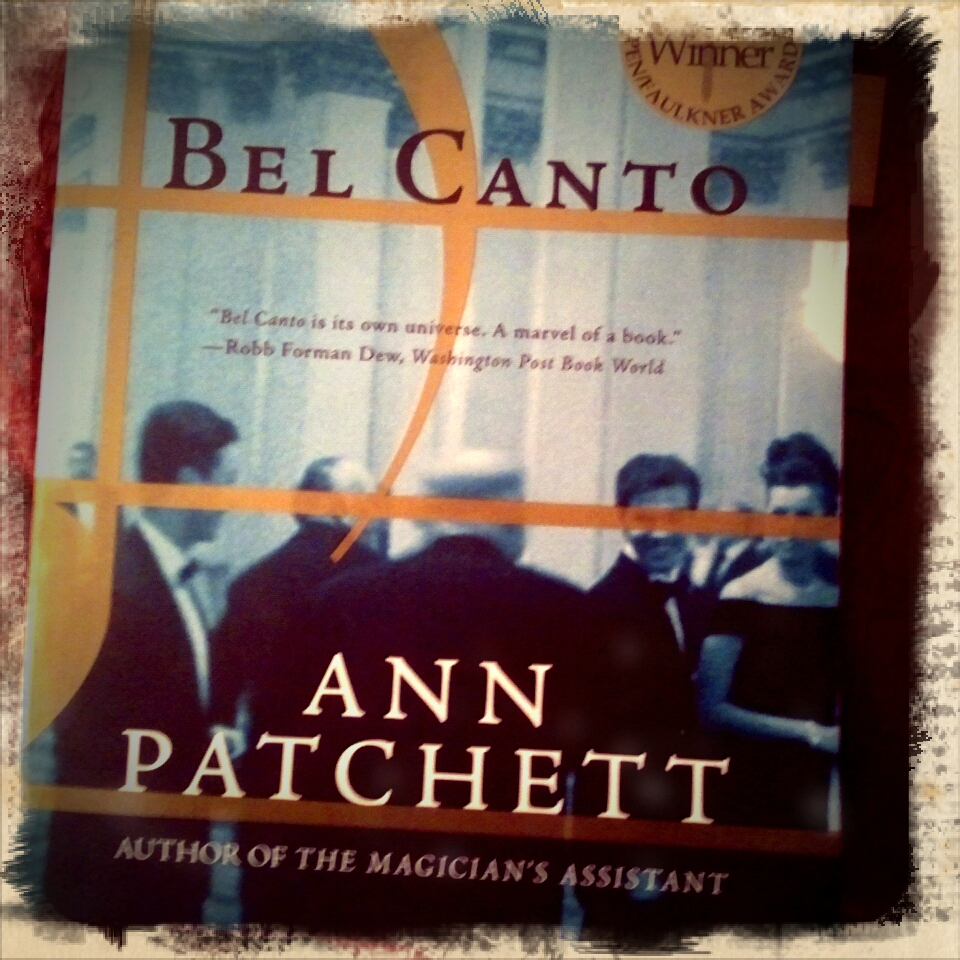

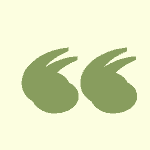
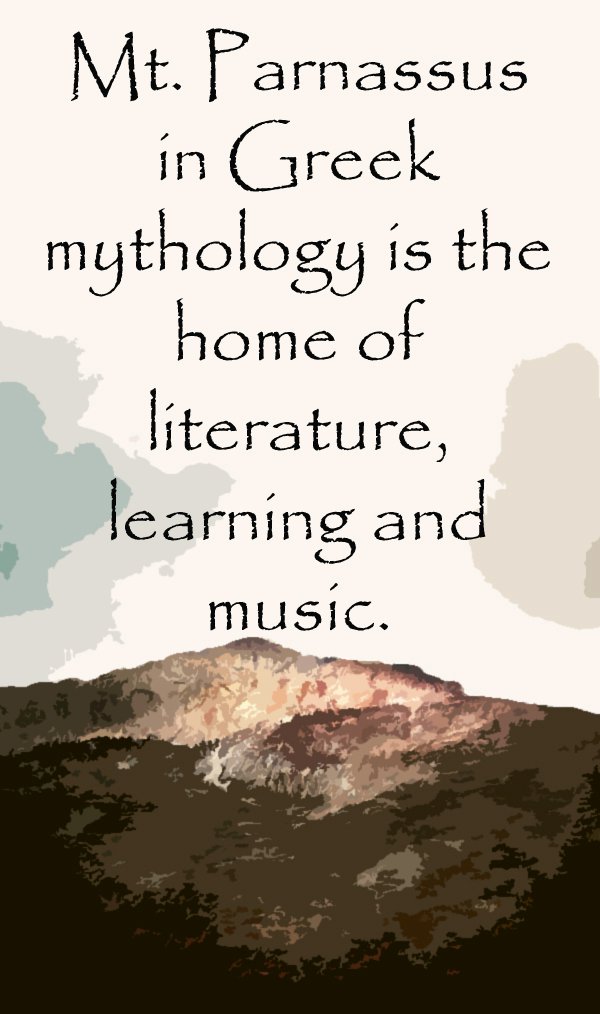
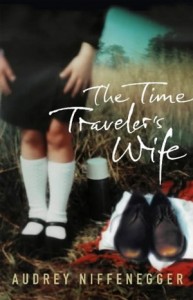
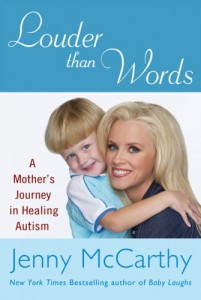
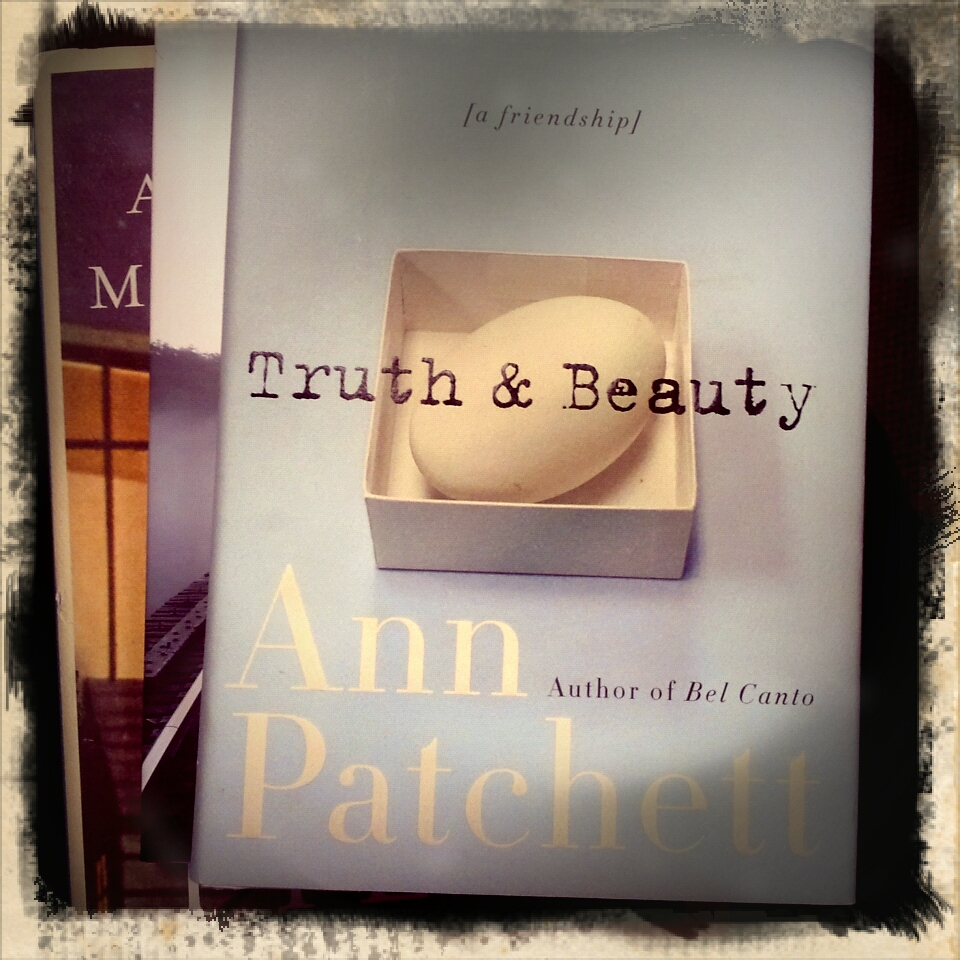
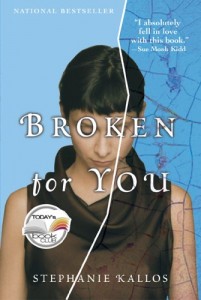
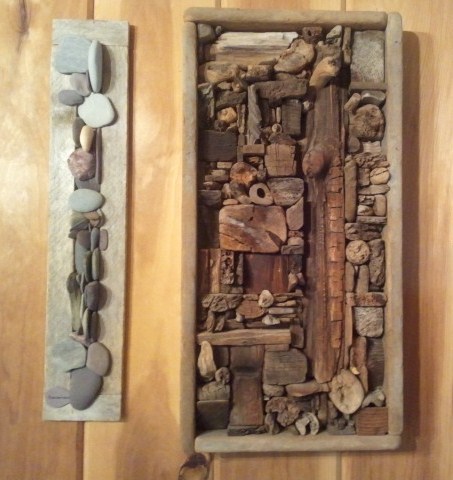
your thoughts